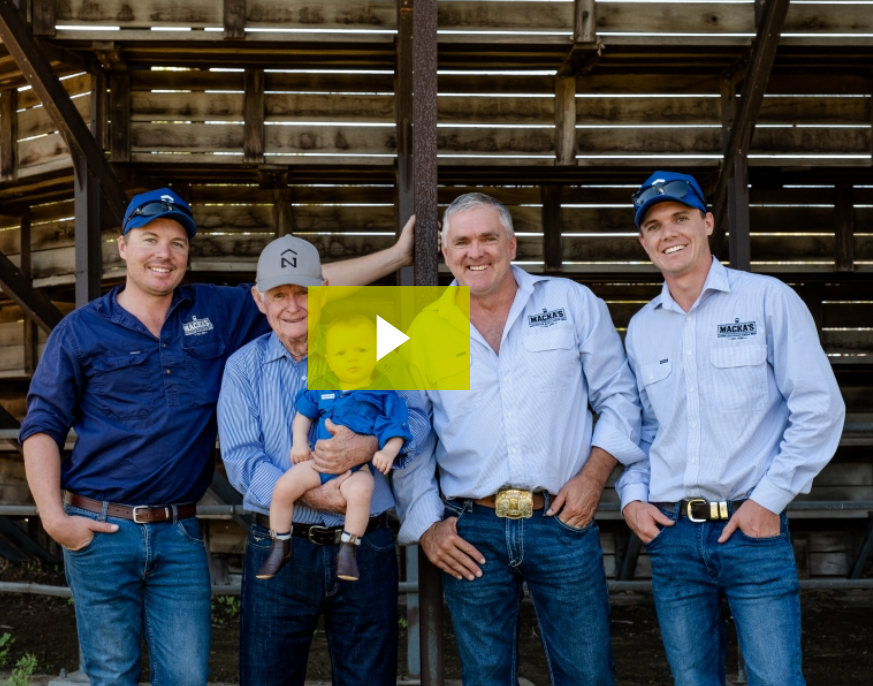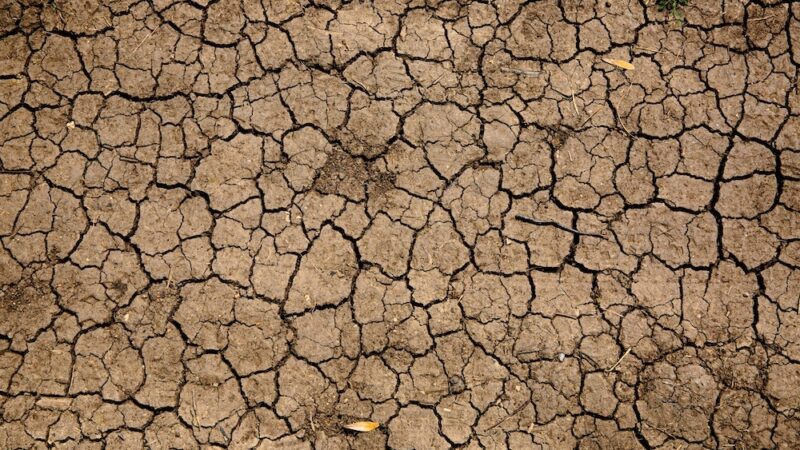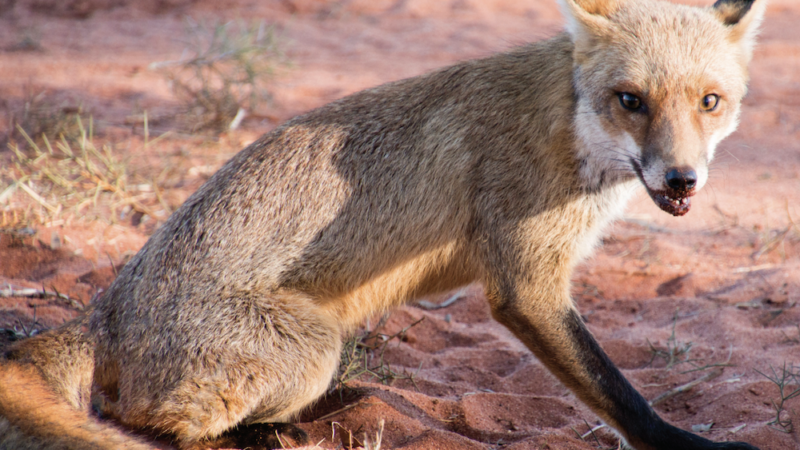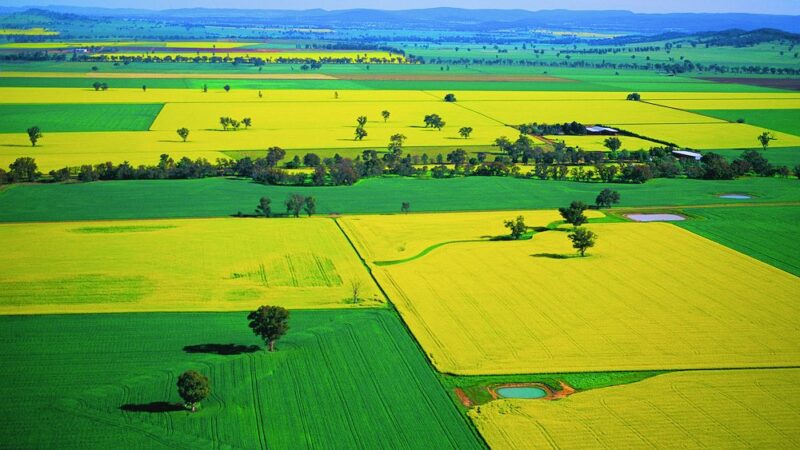Beefing up on-farm carbon neutral outcomes

NSW beef producer, Macka�s Pastoral, has demonstrated on-farm productivity can be increased while achieving carbon neutrality, without the use of offsets or taking land out of production for large-scale tree planting.
Owned and operated by four generations of the Mackenzie family at Gloucester on the State�s Mid North Coast, Macka�s runs 3,500 commercial breeders and 200 seed stock breeders. The business supplies beef to both the domestic market and export markets in Asia and the Middle East.
As Australia�s red meat industry aims to achieve the ambitious goal of carbon neutrality by 2030 (CN30), Macka�s is leading the way for medium-sized cattle businesses by adopting carbon-building farming practices supported by globally recognised credentials.
Across a managed area of 3,975 hectares, Macka�s has increased its soil carbon during the past 12 months by 0.54t/ha, through improved land management including increased varieties of targeted pasture species, variable rate fertiliser application, mulching and grazing management.
The carbon sequestration rate for the area of land under grazing management increased from 1.89t/ha in 2021/22, to 2.43t/ha in 2022/23.
Macka�s Managing Director, Robert Mackenzie, said it was a significant milestone for not only the family business and its customers, but the Australian red meat industry.
�We decided to start on the path to carbon neutrality when Meat & Livestock Australia (MLA), on behalf of the red meat industry, set a target to be carbon neutral by 2030,� Mr Mackenzie said.





